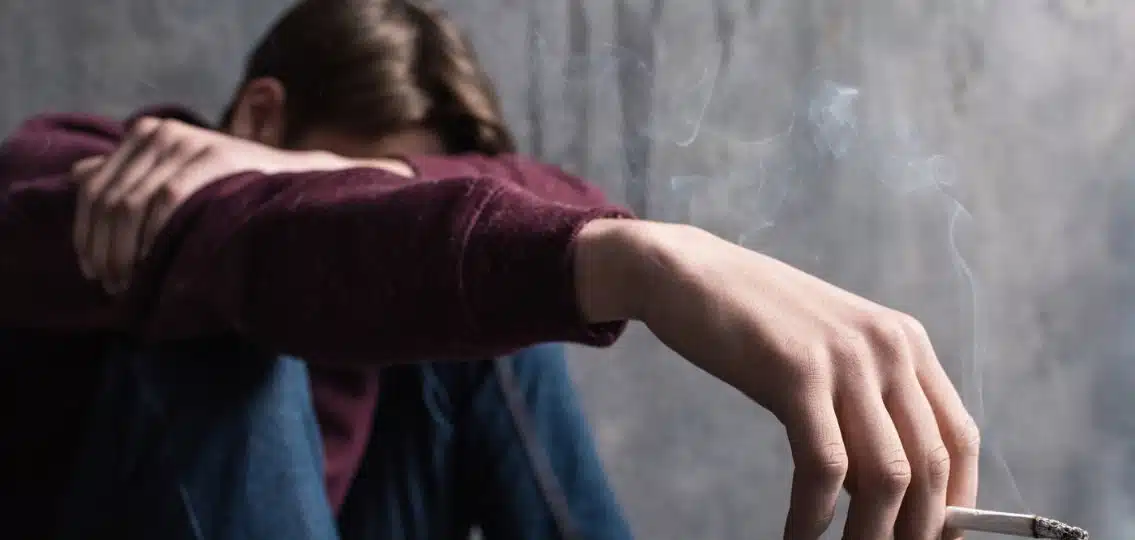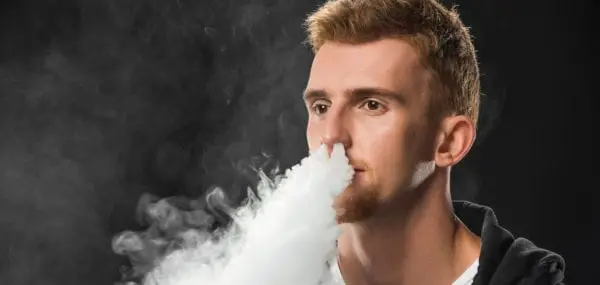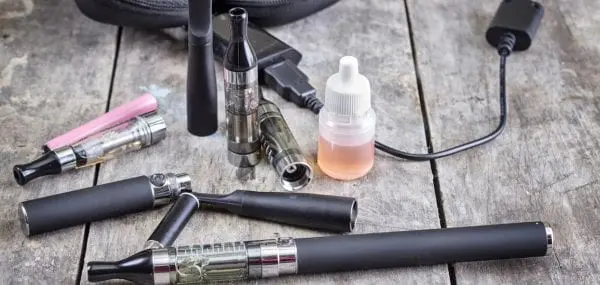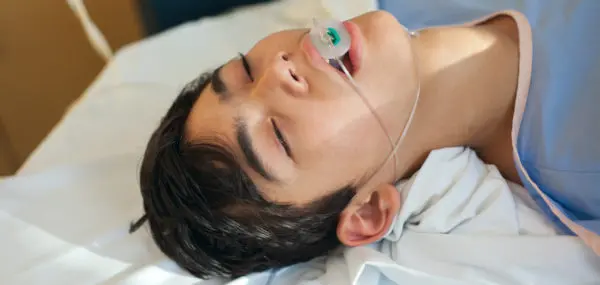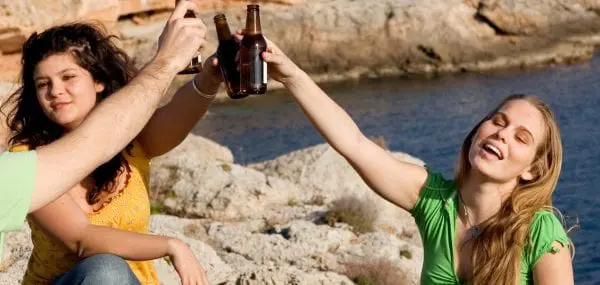When I was 18 years old, I was a homeless drug addict. My situation didn’t just happen overnight. I hope this story about my childhood serves as a cautionary tale and helps you recognize drug use in your own children.
I grew up in a broken home with no structure or supervision. My father was an alcoholic and my mother lived out of state. I had ADD, dyslexia, and a birth defect, and maybe because of all that, kids frequently bullied me and made me feel like an outcast from a very young age. It didn’t help that a family friend molested me between the ages of eight and 12 and I had no adult in my life whom I could confide in and ask for help. It wasn’t long before I turned to alcohol and then drugs to numb my physical and emotional pain.
In high school, for a while, I was an A-list varsity athlete, the star of the show! But soon found the adrenaline rush couldn’t compare to what I got with drugs. And so, I befriended a group of teens who drank and did drugs as I did. They provided me with the sense of community I longed for. Something else I longed for? That warm fuzzy feeling I got when I mixed Percocet and Vicodin with alcohol. My “friends” encouraged me to shoot heroin because they said it was cheaper. Foolishly, I took their advice. At age 15, I was hooked.
After that, everything spiraled down to the lowest point in my life. I was arrested, expelled from high school, then kicked out of my house. For a long time, I lived under a busy freeway overpass, barely surviving on drugs, alcohol, and crime until I finally found the courage to get sober at age 24.
How to Watch Out for Teen Substance Abuse
Why am I telling you about my drug-addled childhood? My hope is that if you see your own child — or another teen in your community — struggling, or if you notice any of these warning signs of substance abuse, you’ll get them some help as early as possible.
There are many warning signs to look out for, but it ultimately all comes down to checking in on their mental health. No parent, teacher, sports coach, or neighbor had any idea that I was being bullied or molested. I didn’t tell them. I wonder what I would have told them if they asked.
I can only guess that they saw me as troubled and lost. But I wonder, what more would they have seen if they had paid attention to the clues? There were definitely physical clues of my hard drug use, but maybe they had no idea what to look for, or how to help.
News outlets across the country tell us that addiction numbers among today’s teens are high and climbing. If the teens in the recovery programs where I work are any indication, they have learned to hide their addictions well. They don’t all come from broken homes. They’re not all flunking out of school. They may or may not have suffered from significant trauma. Why do people use drugs? The answer may be unclear. Still, if you pay attention, you’ll likely pick up on the clues.
Here are some physical signs of addiction to look out for:
- Has the color and texture of your teen’s skin changed recently? If it looks dehydrated and extra oily, it might indicate they’re using methamphetamines.
- If your teen has lost a lot of weight and they appear very fatigued, this might indicate they’re under the steady influence of hard drugs.
- What do their eyes tell you? Opiates make irises shrink. Stimulants completely dilate them. Are they using lots of eye drops? Oftentimes, teens will use them to try to mask the effect.
Other signs of potential substance use:
- Are you missing large sums of money?
- Is your teen failing or ditching classes?
- Is your teen sleeping in longer or staying up later?
- Have they suddenly lost interest in the things they used to love?
If any of this is occurring, please ask questions. Get them mental health counseling to find out why they are lashing out in these ways.
Even if nothing is amiss, I encourage you to find ways to challenge your teen in healthy ways, especially your adrenaline junkies and your athletes. Also, have open conversations about drug and alcohol temptations. Sometimes kids try something without realizing how dangerous it can be.
I was a teen addict who went through a lot of trauma and I managed to come out the other side. I’m lucky, and I don’t know why. But in my recovery, I decided to dedicate my life to helping other addicts — people who struggle both physically and mentally, like me. Part of helping teens is to help adults realize that every teen addict has a story and deeply longs for some adult to spot the signs of their addiction and to help them. Maybe with more open sharing and compassion, kids like me will get the help they need.
